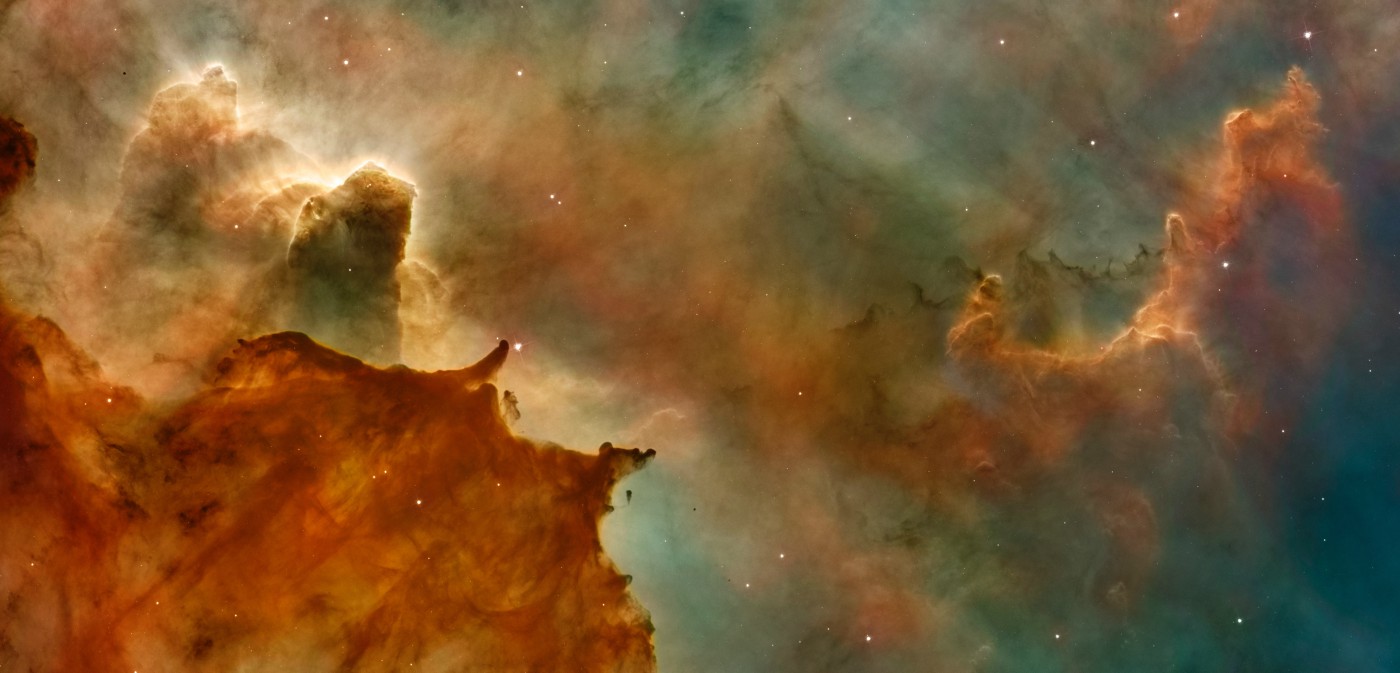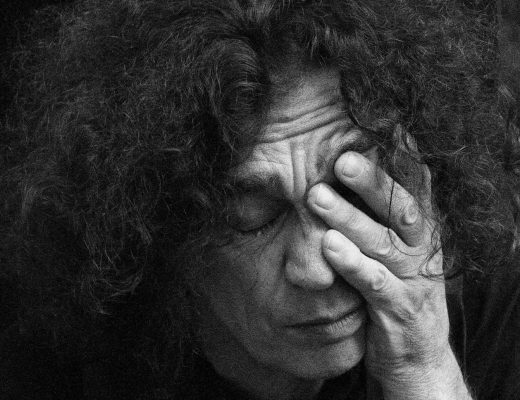I suspect that most of the world’s problems could be solved – or even prevented – if each of us started from a place of ‘I don’t know’ and moved forward from there.
Consider how often you’ve argued with someone over a topic about which you were certain you were correct, only to later discover that, well, maybe you weren’t quite so ‘right’ about things. Look at how often the religious have wreaked havoc over their ‘gospels’ of knowledge. The list goes on, but you get the idea.
My dad knew everything, and he could get quite volatile – emotionally or physically – if you differed with him.
Which helps explain why I entered adulthood utterly uncertain of my worthiness or place in the world. To mask all of those insecurities and fears, I put on my own all-knowing mask, and could become quite bellicose – even belligerent – when challenged. Not knowing was, to me, an admission of my unworthiness – to not know was a weakness to be avoided at all costs.
(The seeds of ‘knowing’ in people like my dad – or Donald Trump, for that matter – are similarly sown in childhood, of course, but from a place of arrogance. Treated like demigods, they are taught early and often how bright they are, how gifted, how much they stand apart from and above the masses. The need to be right is the same, only their origins are different. And it should be noted that our need to judge these individuals is similarly steeped in ignorance, since we have not walked a mile in their shoes and, as such, know nothing about them. The point being that it is incumbent on each of us, regardless of the source of our arrogance, to awaken to that arrogance.)
I was fortunate to crash and burn and, in that collapse, be granted the grace of knowing that I knew nothing. As the common denominator to all that ailed me, there clearly was something very wrong with ‘me’ and, as such, it was incumbent on me to reexamine everything. No more sacred cows or holy ghosts or personal secrets. Get it all out there in the open, examine it, and see what, if anything, stands up to the scrutiny. Turns out, just about everything I held to be true was garbage.
It’s not surprising that mystical, philosophical, and spiritual traditions are rich with lessons in humility, confession, ignorance. Joel Goldsmith taught me a simple phrase that has served me so very well: “Of my own self I can do nothing.” (You can easily augment to “know nothing.”) We are told that, in this life of after it, we will “stand naked before God,” a caution more about our falsehoods than clothing being stripped away (no secrets from the divine and all that).
In Advaita Vedanta, we are urged to forget everything we have been taught – that enlightenment and ultimate truth only can be discovered when we empty ourselves of our humanness. In his amazing book, “Perfect Brilliant Stillness,” David Carse counsels those who wish to know the truth to allow themselves to be “emptied, hollowed out, gutted.”
The beauty of embracing one’s not knowingness is that it more or less grows, albeit in the opposite direction to which we are accustomed. We begin to question everything, to recognize that everything – everything – we know to be true has, in fact, been taught to us. Back to Carse:
There is an agreed upon, consensus reality which almost the entire human race shares. The world has been around a long time; it is ancient. Into this world you were born as an individual; you grow, learn, experience life, and die. There is some disagreement concerning what happens after that, except that for everyone else, life will go on – until they also die. Everybody think they know this – or some local variation of this. But in fact when you were born you did not know this. You learned this. Everyone else learned it too and so it is an almost universally shared idea. But everybody believing something doesn’t make it true.
Human arrogance is born out of ignorance. We know nothing about our origin or ultimate destiny, know nothing of this thing called life or existence or the universe which houses it all. We don’t even know where our thoughts originate or, again, anything about that which receives or interprets or otherwise lays claim to those thoughts.
Yet this profound ignorance doesn’t deter us from skittering about the surface of the earth pronouncing this truth and that and generally making a mess of things for ourselves, our fellow humans, other species, and the planet itself. It is madness.
So the next time you ‘think’ or ‘feel’ or otherwise are adamant about something you ‘know to be true,’ consider, instead, starting with that simplest of confessions -I don’t know – and going from there.


